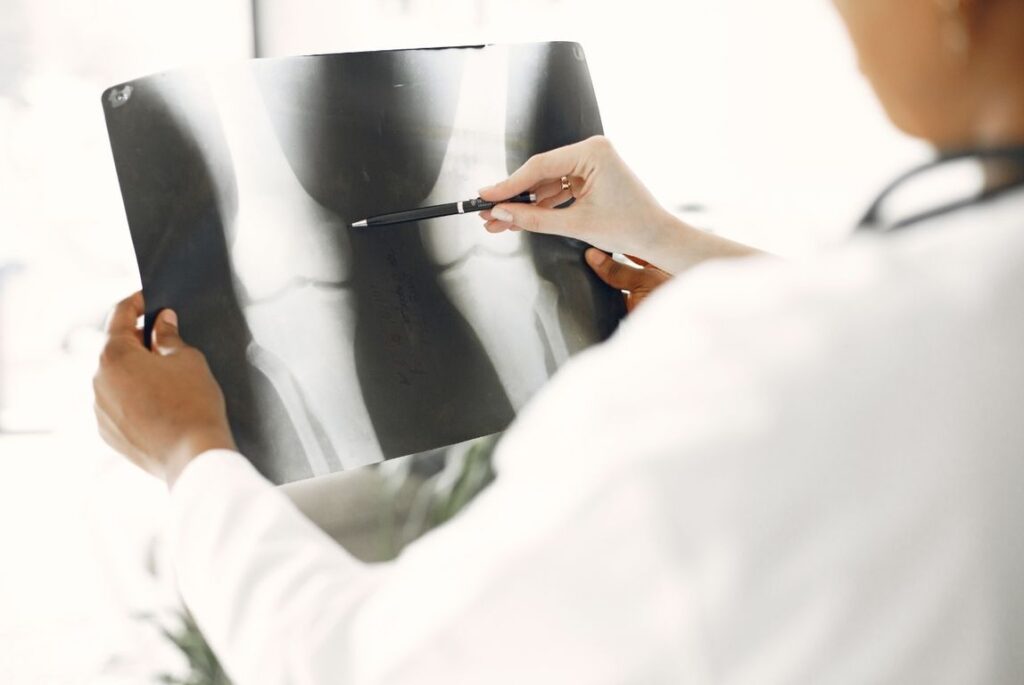Copper is a trace mineral that plays a crucial role in maintaining various physiological processes in the human body. Although required in small amounts, copper is indispensable for the proper functioning of our organs and systems. From supporting energy production to enhancing brain function, copper’s impact on health is profound. This blog will explore the essential multifaceted functions of copper in human body, its health benefits, and the consequences of deficiency.
Role of Copper in Human Health: Why Your Body Needs This Vital Mineral
- 1. Copper’s Role in Energy Production
- 2. Enhancing Brain Function
- 3. Supporting the Immune System
- 4. Promoting Healthy Skin and Preventing Premature Aging
- 5. Aiding Iron Absorption and Preventing Anemia
- 6. Supporting Cardiovascular Health
- 7. Promoting Bone Health
- 8. Regulating Thyroid Function
- 9. Boosting Antioxidant Defense
- 10. Preventing and Treating Infections
- Conclusion
1. Copper’s Role in Energy Production
Copper is essential for the production of adenosine triphosphate (ATP), the energy currency of the body. It acts as a cofactor for the enzyme cytochrome c oxidase, which is involved in the final steps of cellular respiration. This process occurs in the mitochondria, where oxygen is converted into water, producing ATP in the process. Without adequate copper, energy production can be compromised, leading to fatigue and decreased physical performance.
2. Enhancing Brain Function

Copper is widely recognized as a brain stimulant, facilitating higher cognitive functions and enhancing creative thinking. It is involved in the development of neural pathways and plays a role in the synthesis of neurotransmitters such as dopamine. Studies have shown that adequate copper levels are associated with improved brain function, while a deficiency can impair cognitive abilities. However, maintaining a balance is critical, as excessive copper can be detrimental to brain health.
3. Supporting the Immune System
Copper plays a vital role in maintaining a robust immune system. It is involved in the production and function of white blood cells, which are essential for defending the body against infections. Copper’s antioxidant properties also help protect immune cells from oxidative damage. Moreover, copper’s role in iron metabolism is crucial for maintaining the oxygen-carrying capacity of red blood cells, further supporting overall immune function.
4. Promoting Healthy Skin and Preventing Premature Aging
Copper is a key component in the production of collagen and elastin, proteins that are essential for maintaining skin elasticity and strength. It also acts as an antioxidant, working alongside enzymes like superoxide dismutase to neutralize free radicals that cause cellular damage. This dual role helps in reducing the appearance of wrinkles and age spots, thereby delaying the signs of aging. Regular intake of copper-rich foods can contribute to healthier, more youthful skin.
5. Aiding Iron Absorption and Preventing Anemia
Copper is integral to iron metabolism, facilitating the absorption of iron from the gastrointestinal tract and its release from storage sites like the liver. This process is crucial for the production of hemoglobin and red blood cells. Without sufficient copper, the body cannot efficiently utilize iron, leading to conditions like anemia, which is characterized by fatigue, weakness, and impaired cognitive function.
6. Supporting Cardiovascular Health
Copper has been shown to play a protective role in cardiovascular health. It helps in reducing levels of LDL (bad) cholesterol while increasing HDL (good) cholesterol, thus lowering the risk of atherosclerosis and other heart-related conditions. Copper also supports the integrity of blood vessels by aiding in the formation of connective tissues like elastin and collagen.
7. Promoting Bone Health

Copper is essential for the development and maintenance of bone tissue. It aids in the formation of collagen, which is necessary for the structural integrity of bones. Copper deficiency can lead to weakened bones and an increased risk of osteoporosis, particularly in older adults.
8. Regulating Thyroid Function
Copper plays a crucial role in the healthy functioning of the thyroid gland. It helps in the production and regulation of thyroid hormones, which are essential for metabolism. Both hypothyroidism (underactive thyroid) and hyperthyroidism (overactive thyroid) can be linked to imbalances in copper levels, making it essential to maintain adequate copper intake for optimal thyroid health.
9. Boosting Antioxidant Defense
As an antioxidant, copper helps protect cells from oxidative stress and damage caused by free radicals. This is particularly important in preventing chronic diseases and promoting longevity. Copper’s role in antioxidant defense is largely due to its involvement in enzymes like superoxide dismutase, which neutralize harmful free radicals in the body.
10. Preventing and Treating Infections
Copper has antimicrobial properties that help prevent the growth of harmful bacteria, such as E. coli. This makes it an important mineral for maintaining gut health and preventing infections. Additionally, copper’s role in enhancing immune function further aids in protecting the body against a wide range of infections.
Copper Deficiency: Causes and Consequences

Copper deficiency, though rare, can have significant health impacts. It can be caused by inadequate dietary intake, malabsorption disorders, or genetic conditions like Menkes disease. Symptoms of copper deficiency include anemia, weakened immune function, neurological issues, and cardiovascular problems. Diagnosing and treating copper deficiency typically involves dietary adjustments or supplementation under medical supervision.
Conclusion
Copper is a vital mineral that supports a wide range of bodily functions, from energy production and brain health to immune support and cardiovascular protection. Ensuring adequate copper intake through a balanced diet is essential for maintaining overall health and preventing deficiency-related conditions. While copper is needed in trace amounts, its impact on health is far-reaching, making it a mineral that should not be overlooked.
Incorporating copper-rich foods like shellfish, nuts, seeds, and whole grains into your diet can help you meet your daily requirements and enjoy the numerous health benefits that copper offers. However, it is equally important to avoid excessive intake, as too much copper can lead to toxicity and adverse health effects.
Also read: The Role of Immunotherapy in Treating Cold Agglutinin Disease
